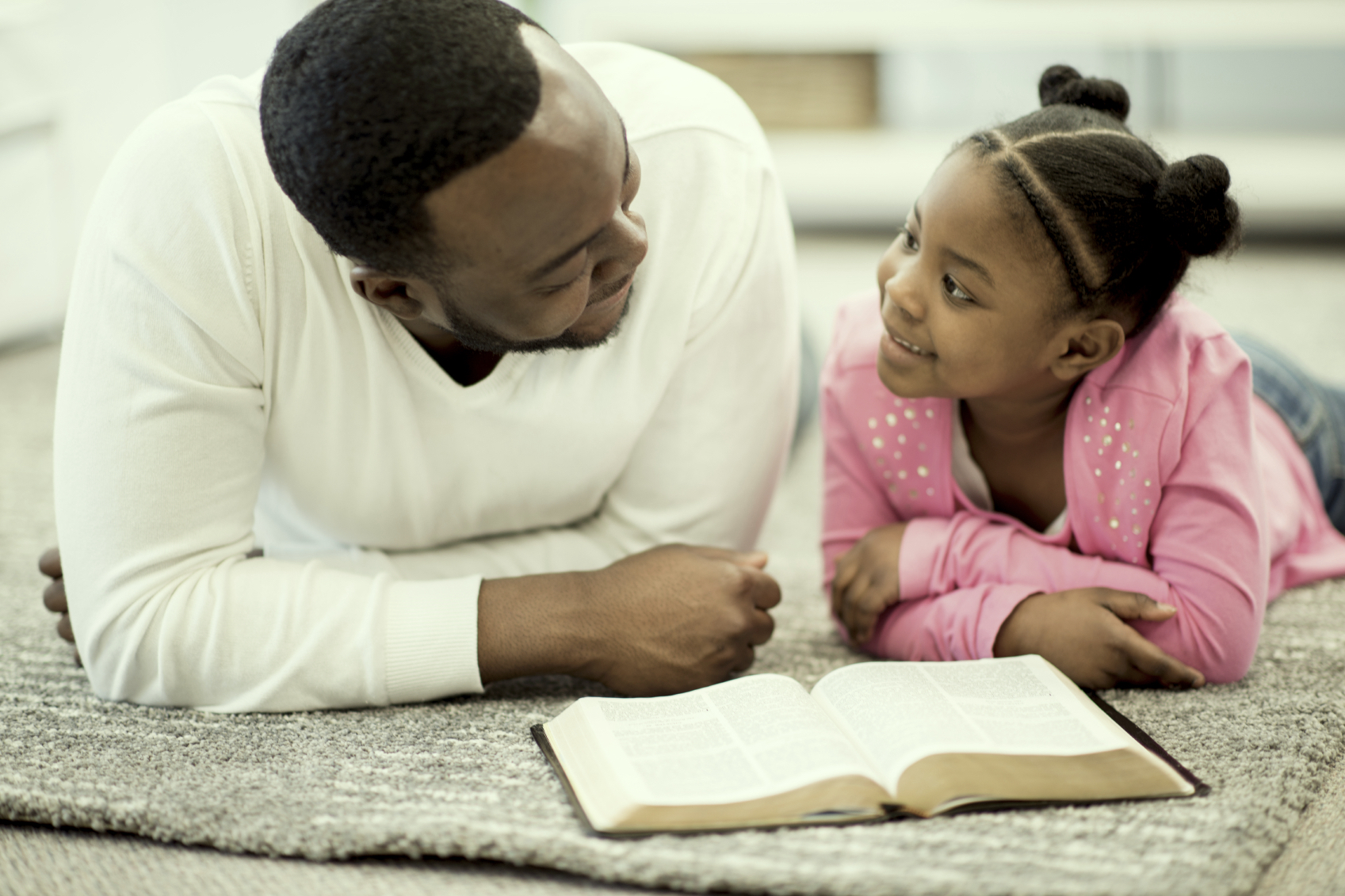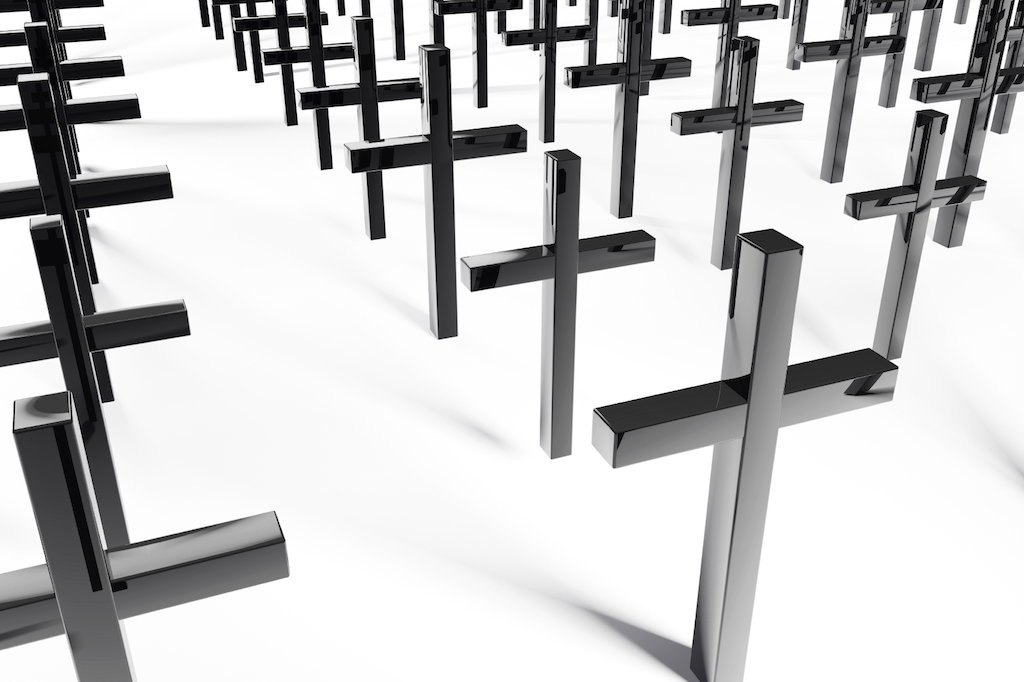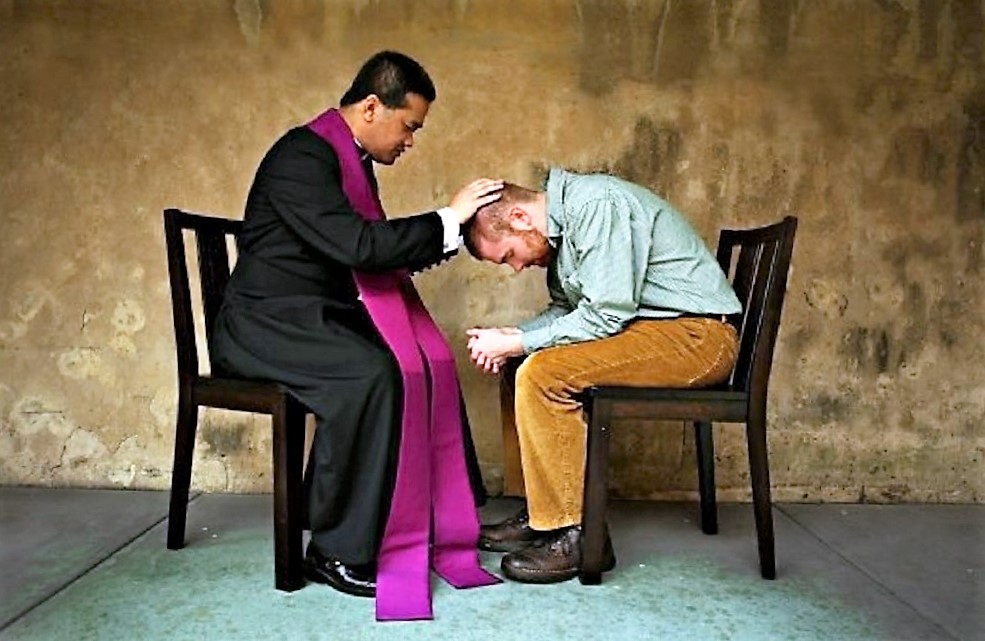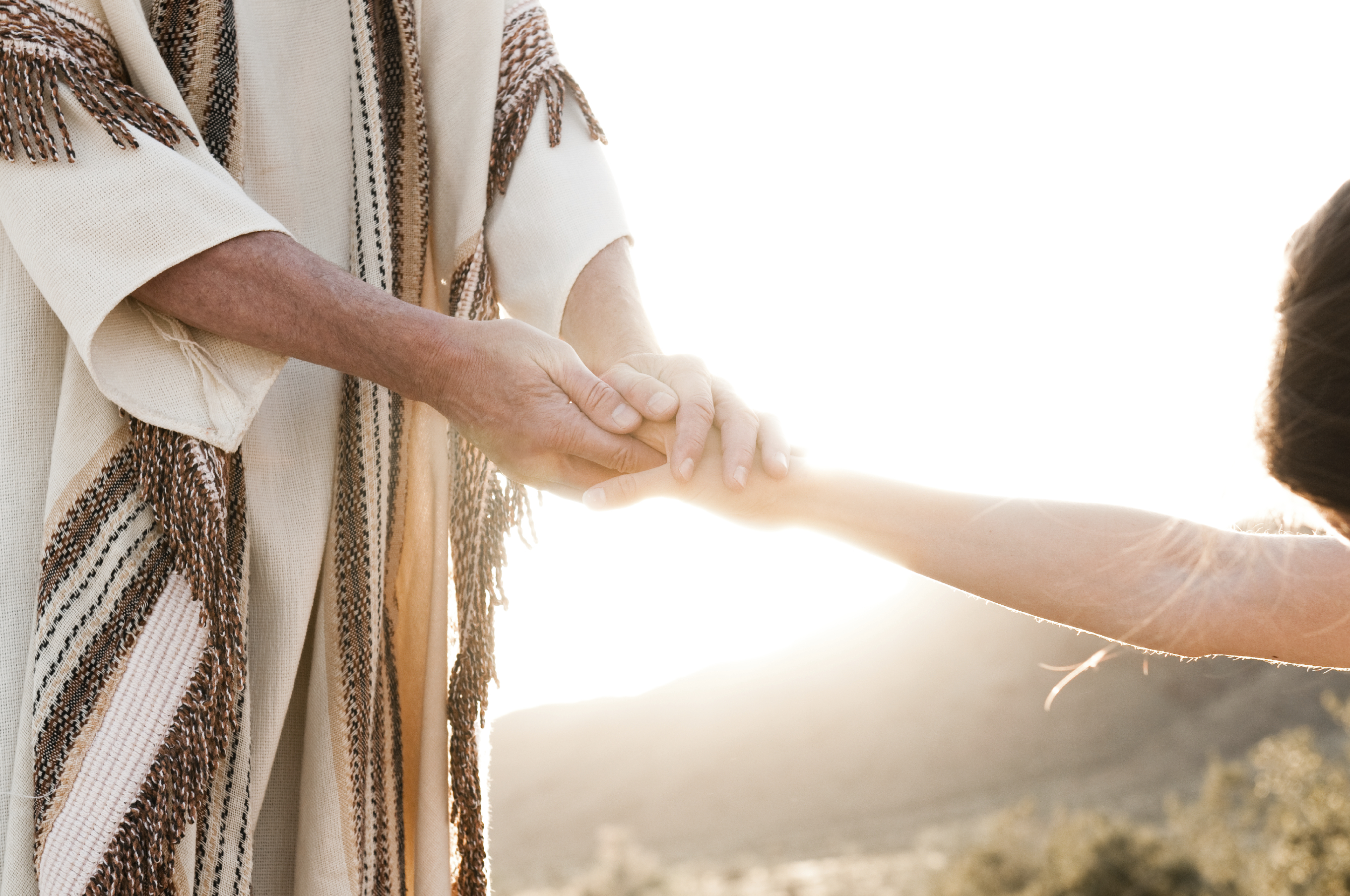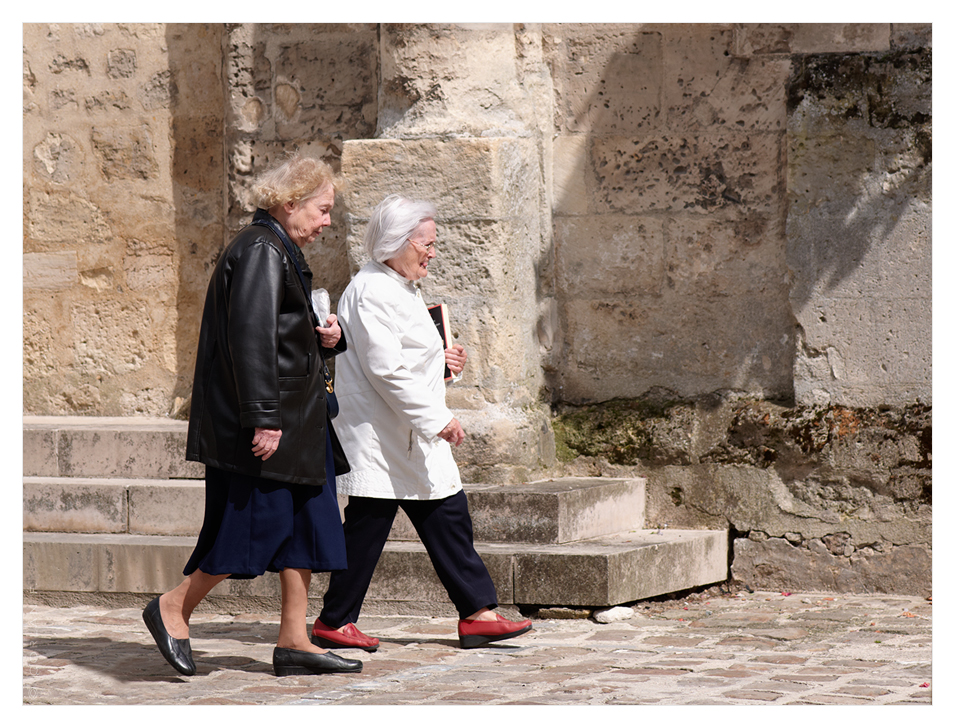According to Open Doors (a U.S.-based organization that tracks the global persecution of Christians), every month:
- 322 Christians are killed because of their faith
- 214 Christian churches/properties are destroyed
- 722 crimes (such as beatings, false arrests. rapes) are committed against Christians because of their faith
These are sobering numbers. Yet, they are not mere numbers: they are our brothers and sisters in Christ. It is a father who leads his family in prayer daily. It is a girl who dreams of becoming a teacher. It is a pastor who prays over his faith community, trying to teach and enrich their faith.
Here in the U.S., religious persecution seems to be a far-off, “over there” occurrence. However, what is called our “first, most cherished liberty” is constantly being attacked in our secular society. In order to raise awareness regarding persecution and our need to safeguard religious freedom, the United States Conference of Catholic Bishops declare a “Religious Freedom Week.” This year, it runs from June 22 until June 29.
While the U.S. bishops encourage dioceses and parishes to use as many of the resources for the Fortnight for Freedom as they can, the most urgent call is to prayer.
We ask you to bless us
in our vigilance for the gift of religious liberty.
Give us the strength of mind and heart
to readily defend our freedoms when they are threatened;
give us courage in making our voices heard
on behalf of the rights of your Church
and the freedom of conscience of all people of faith.
In this short video, various religious leaders reflect on the need for American citizens to be vigilant about protecting this freedom, so that all may live in the knowledge that our faith is not simply a “Sunday-morning thing,” but a habit of being that permeates our society.


